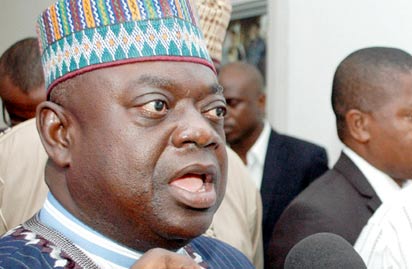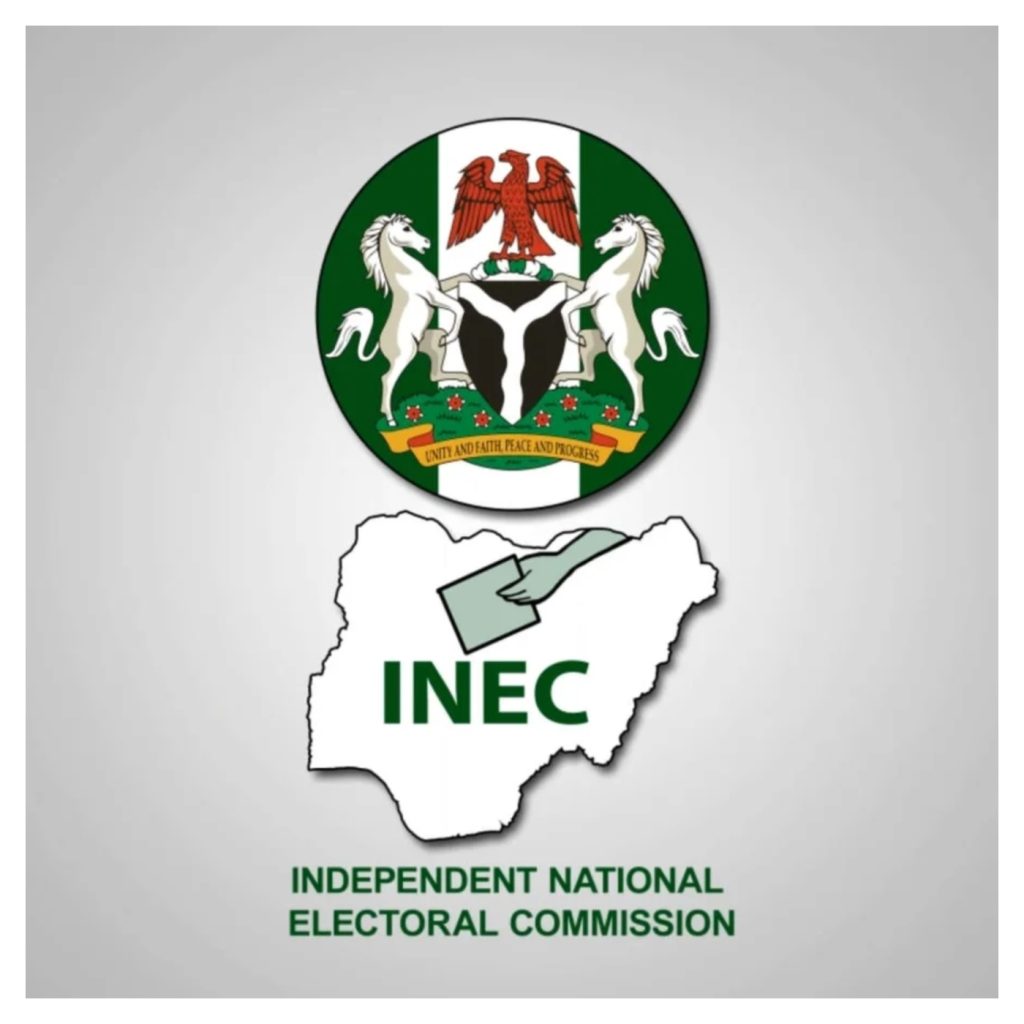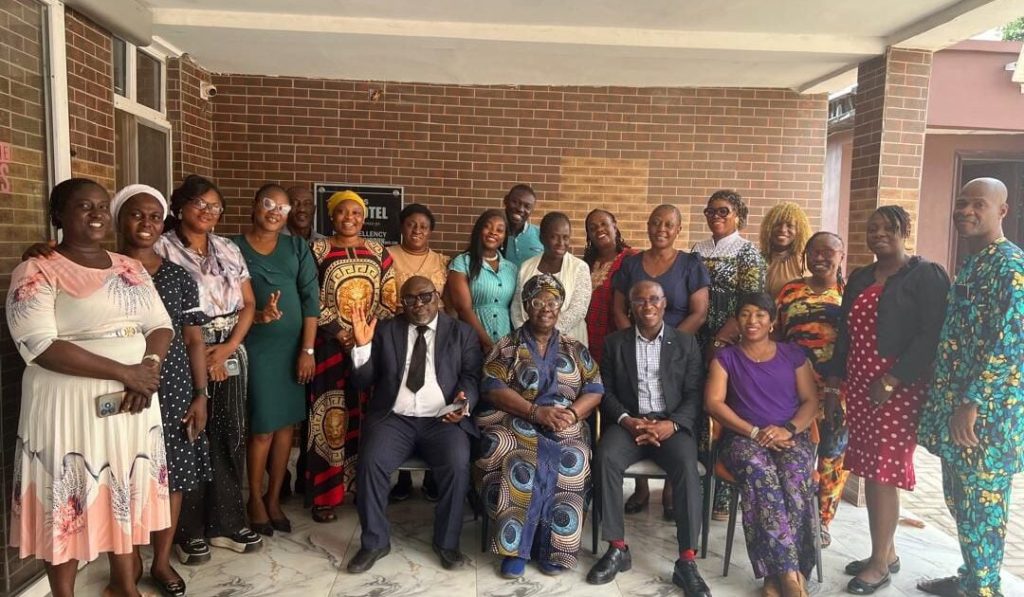Equatorial Guinea has accused France of “neo-colonial” overreach in a fiery legal clash at the International Court of Justice (ICJ) over a seized luxury Parisian mansion linked to the African nation’s vice president. The dispute centers on a property near the Arc de Triomphe, valued at over €100 million, which French authorities confiscated in 2021 after convicting Vice President Teodoro Nguema Obiang Mangue, known as Teodorin, of embezzling public funds. The six-bedroom residence, featuring gold-plated fixtures, a private cinema, and a spa, was seized under French laws targeting illicitly acquired assets of foreign officials.
At Tuesday’s hearing, Equatorial Guinea’s ambassador to France, Carmelo Nvono-Ncá, condemned France’s actions as “paternalistic” and demanded emergency ICJ measures to block the property’s potential sale. “We cannot accept such disregard for our sovereignty,” he stated, alleging French police recently entered the building, changed locks, and restricted access. The Central African nation claims the mansion now serves as its diplomatic mission, though France disputes this, noting Equatorial Guinea already operates an embassy elsewhere in Paris.
This marks the second ICJ battle over the property. In 2016, the court sided with France, ruling the mansion was solely Teodorin’s private residence. The vice president, son of Equatorial Guinea’s 45-year ruler Teodoro Obiang Nguema Mbasogo, received a suspended three-year sentence and a €30 million fine in 2021. French authorities also seized assets including a fleet of luxury cars.
France’s legal team dismissed the latest petition as “without merit,” with foreign ministry adviser Diego Colas calling it a distraction from the ICJ’s pressing caseload, which includes South Africa’s genocide case against Israel and an upcoming climate change ruling. Colas clarified that a sale of the property remains “a long way off,” characterizing recent inspections as routine maintenance checks.
The case underscores broader tensions over France’s historical influence in Africa, with Nvono-Ncá asserting, “We Africans will no longer tolerate interference.” However, the ICJ’s binding rulings face enforcement challenges, as seen in its unheeded 2022 order for Russia to halt its Ukraine invasion. A decision on Equatorial Guinea’s request for provisional measures is expected imminently, testing the court’s capacity to navigate politically charged disputes amid its crowded docket.



